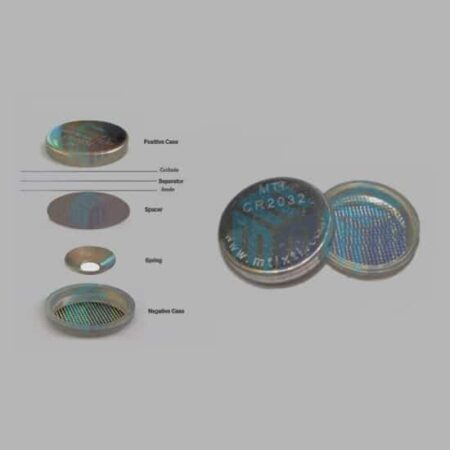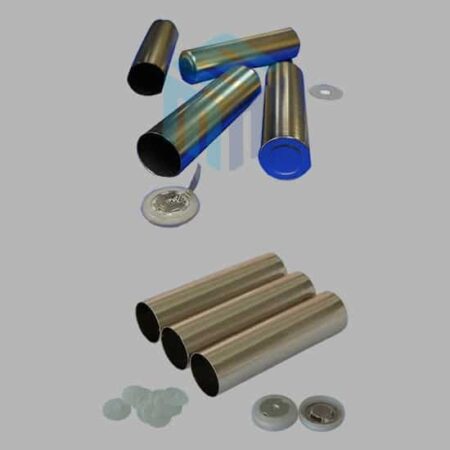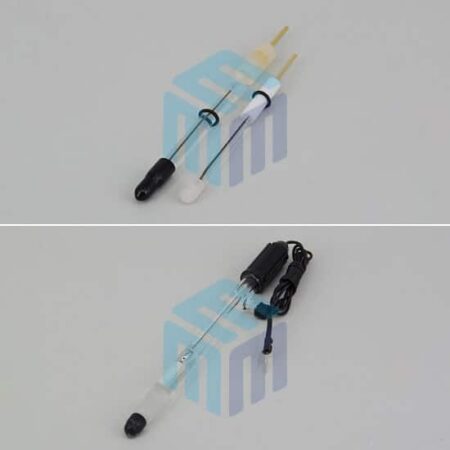Battery Consumables
Battery consumables refer to the materials and components that are used in the production, maintenance, and operation of batteries. These consumables are critical for ensuring optimal performance, safety, and longevity of batteries across various applications, including consumer electronics, electric vehicles (EVs), and renewable energy system. In battery research, consumables such as electrolytes, separators, electrodes (anodes and cathodes), and additives are essential for testing and developing advanced battery technologies.
Coin cell – commonly used in laboratory research—include coin cell cases, spacers, washers, and crimping tools, which are vital for testing new battery materials on a small scale before scaling up to larger formats.
Lithium materials, such as high-purity lithium metal, lithium salts (like lithium hexafluorophosphate), and lithium-based electrolytes, are crucial for the development of lithium-ion and lithium-metal batteries. These consumables are key in improving battery performance, especially for energy-dense applications like EVs and renewable energy storage.
Carbon materials, such as graphite and carbon nanotubes, are widely used as anode materials in lithium-ion batteries and in research aimed at enhancing conductivity and cycling stability. Carbon-based materials also play a role in supercapacitors and other energy storage devices, making them critical in ongoing battery research aimed at developing lighter, more efficient, and sustainable batteries.
By optimizing these various consumables, researchers continue to push the boundaries of battery technology, focusing on improving energy density, cycle life, safety, and environmental sustainability.
Showing all 3 results





